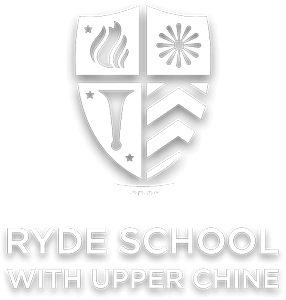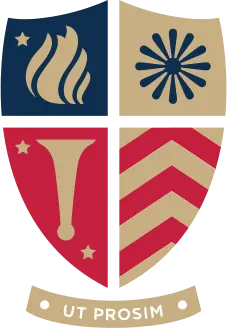- Home
- Sixth Form
- IBDP CP Economics
Economics is an exciting, dynamic subject that allows students to develop an understanding of the complexities and interdependence of economic activities in a rapidly changing world.
At the heart of economic theory is the problem of scarcity. While the world’s population has unlimited needs and wants, there are limited resources to satisfy these needs and wants. As a result of this scarcity, choices have to be made. The DP economics course, at both SL and HL, uses economic theories to examine the ways in which these choices are made:
-
at the level of producers and consumers in individual markets (microeconomics)
-
at the level of the government and the national economy (macroeconomics)
-
at an international level where countries are becoming increasingly interdependent through international trade and the movement of labour and capital (the global economy)
ENTRY REQUIREMENTSGCSE English or History Grade 6, Mathematics Grade 5 WHERE THIS SUBJECT CAN TAKE YOUStudents are able to gain entry to a range of courses at university from: Core Economics to Finance, Business, Human Geography and Politics. Many of the leading banking, finance and development organisations have well established apprenticeship and internship schemes for those choosing not to go to university. AWARD20 ECONOMICS COURSE CONTENT/STRUCTUREThe IB course includes 3 short pieces of coursework (Internal Assessment) based on contemporary economic issues in the news and exams at the end of the Year 13. Higher Level sit three exams while Standard Level students only sit two, with the third, Higher Level paper having a focus on students numeracy skills.
ASSESSMENT
|











